The remarkable impact of Dr. Hughes: An impressive career comprised of more than figures and numbers
Photo courtesy of Elizabeth Thompson
Hughes sits at her desk with a class full of students, offering them help with chemistry assignments in Learning Seminar.
October 7, 2019
Her years of extensive research in a military lab could not have fully prepared Dr. Janet Hughes for the momentous events that marked her teaching profession.
During her early years of teaching in Loudoun County, Hughes discovered a teaching program sponsored by the Department of Defense that would allow her to work in one of their labs for her recertification points. One of her professors recommended the Naval Research Lab, and soon Hughes was hard at work, sacrificing her summer and winter breaks to be there. Eventually, she asked for an official position, but the lab required her to get a Ph.D., so they sent her to school at GMU to get it in Environmental Science and Public Policy before returning.
“I worked in the center for safety and survivability,” Hughes said. “The focus was on jet fuel and diesel fuel. My dissertation had to do with diesel fuel lubricity, the lubricating properties of the fuel, and when they hydro treat it to take out the sulfur and nitrogen compounds, it ruined the lubricity. So trying to understand chemically what happened was the goal.”
Hughes also worked on other projects such as running tests for a worldwide survey of fuels, evaluating a new instrument that measured the flashpoint of fuel to prevent fires aboard ships for the Navy, and measuring formaldehyde content in conducting atmospheric studies aboard submarines. However, after spending twelve years at the lab, she decided to return to teaching.
“I was missing working with students [because] a lot of stuff I did by myself in the lab. There was nobody to interact with. I decided at some point that I missed working with students and got in touch with the schools and found a position at Robinson,” said Hughes.
In a twist of fate, Mr. Mukai, the assistant principal of Robinson at the time, destaffed Hughes when the principal retired. She then moved to WS, where she knew several people and took her current position as a chemistry teacher.
“This is my 30th year teaching,” said Hughes. “Combined with all the on and offs, there’s 30 years in the state of Virginia, ten years total at WS.”
In those 30 years, Hughes has managed to make a positive impression on her students’ lives in both her character and teaching ability.
“One of my favorite things Dr. Hughes let us do was she let us bring in our puzzles from home, and we raised money from the classes to get a periodic table puzzle, and she bought the frame herself. It brought all the classes together,” junior Jessica Nasr said.
Hughes makes an effort to get to know her students in order to make connections with them and set them up for academic success. Students do not easily forget the impact she has had on them in their time at WS.
“Personally, she was a good teacher for me,” senior Salwa Zahid said. “If I ever had a question, I didn’t feel like I shouldn’t ask her.”
In all the memories she gave her students, the students gave back some unforgettable times as well. Hughes’ career has been marked by the ups and downs of her students’ lives as much as her own. As old students graduate, she has had the pride of seeing many pursue academic success in scientific fields.
“I had a student take AP Chemistry [because] he said he never wanted to take chemistry ever again in college,” Hughes said. “Then I found out he majored in chemistry and became a teacher.”
Some of these unforgettable memories of Hughes’ students, however, are remembered with sadness. She has experienced the loss of several students from a cancer victim to a previous student who died from an aneurysm while pursuing his Ph.D. at Stanford. Nevertheless, they are not lacking in the significance they hold in her heart.
“I did have one [student] at Madison that was killed in a car accident the year I had him. It was like one day he just wasn’t in class anymore, and that was awful. In attendance his name would pop up, and it would say ‘the student left your class,’ and I just wouldn’t click on it. It’s like I [couldn’t] click on it, and the kids were like ‘you don’t have to.’ It took me weeks before I said ‘okay he’s gone.’”
The experiences that have accompanied Hughes’ career in teaching have proven that her time dedicated to students has been just as rewarding and impressive as her years spent dedicated at the Naval Research Lab. After conducting research for the military, she showed the same level of devotion in the field to those she taught. Her character has made a resonating impression on students over the years, and they often seek her out for academic help, even after finishing her class.
“I used to say ‘students don’t realize how much they impact teachers,’” Hughes said. “They always tell teachers ‘O, you impact your students,’ but students impact us.”


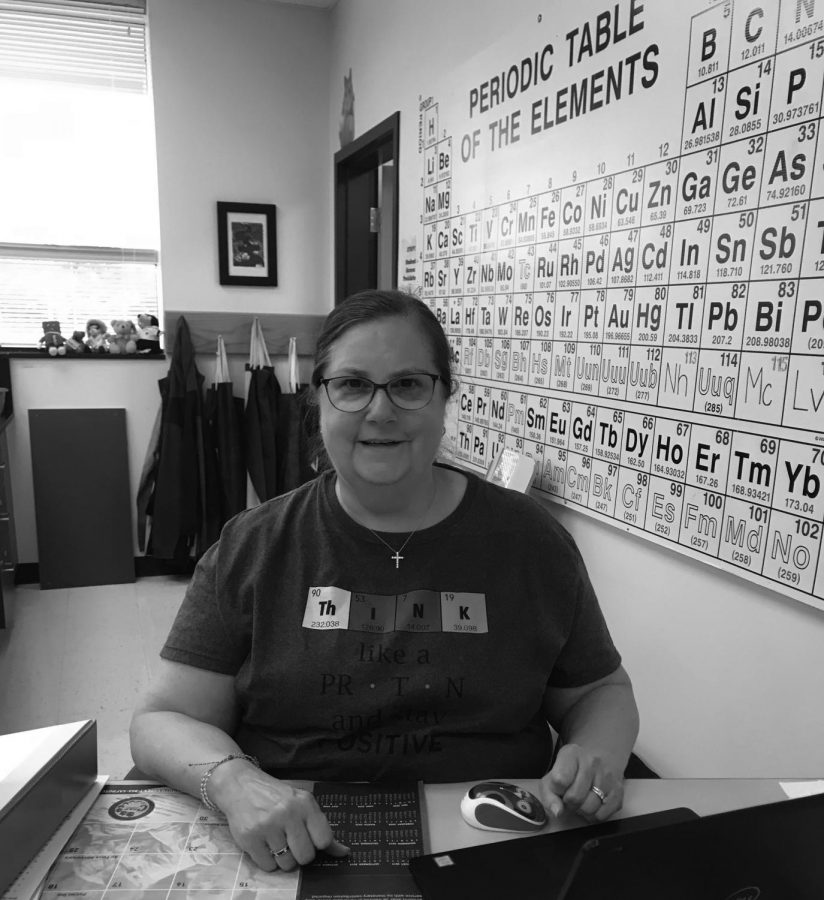
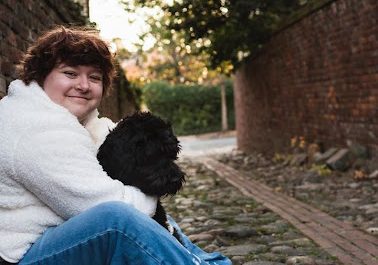

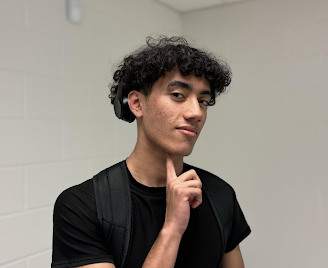
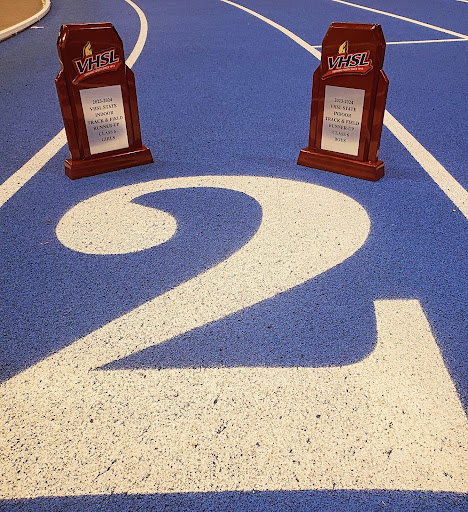

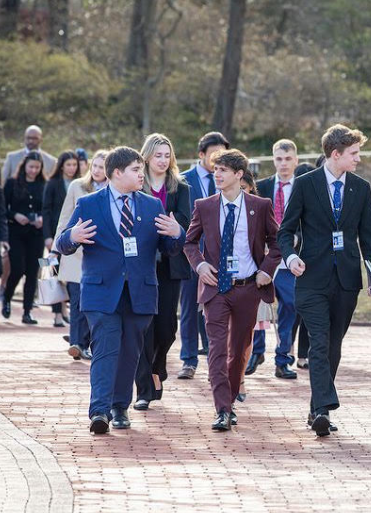
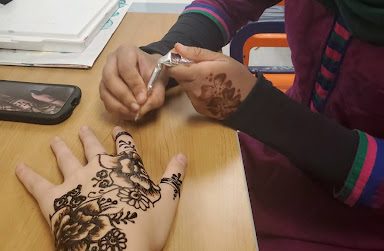
![“Smiles for Myles [is the idea that] happiness can be a long term thing for Myles,” said Buddies Club sponsor and disabilities teacher Madison McKenna.](https://theoracleonline.org/wp-content/uploads/2024/02/MylesArticleKeyPhoto-452x600.jpg)
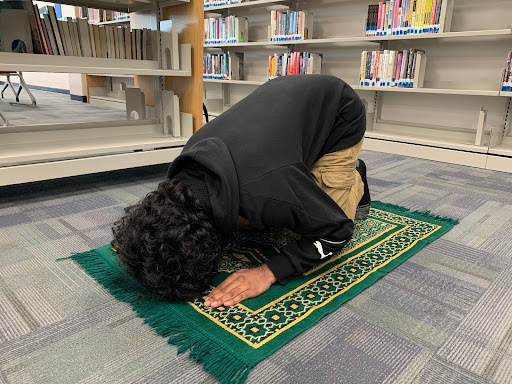


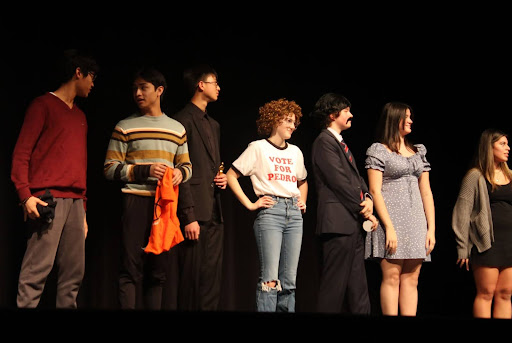
![“Piccolo” is not the start of Martineau’s filmmaking journey. In the beginning of his high school career, Martineau decided to enter the filmmaking scene in an attempt to discover more about himself. “My mom’s Jamaican and there’s not very many Jamaican movies, but [when] I would watch ‘The Harder They Come,’ [that] got me interested in the Nouvelle Vague Cinema,” said Martineau.](https://theoracleonline.org/wp-content/uploads/2024/02/unnamed-40.jpg)